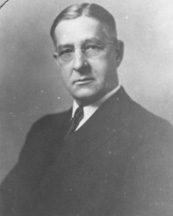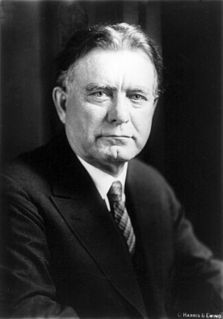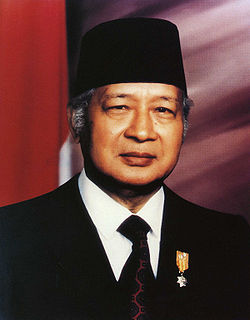A Quote by Bobby Sands
I may die, but the Republic of 1916 will never die. Onward to the Republic and liberation of our people.
Quote Topics
Related Quotes
You may ask what kind of a republic I dream of. Let me reply: I dream of a republic independent, free, and democratic, of a republic economically prosperous and yet socially just; in short, of a humane republic which serves the individual and which therefore holds the hope that the individual will serve it in turn. Of a republic of well-rounded people, because without such it is impossible to solve any of our problems, human, economic, ecological, social, or political.
There is nothing that dies so hard and rallies so often as intolerance. The vices and passions which it summons to its support are the most ruthless and the most persistent harbored in the human breast. They sometimes sleep but they never seem to die. Anything, any extraordinary situation, any unnecessary controversy, may light those fires again and plant in our republic that which has destroyed every republic which undertook to nurse it.
We still have our people working in the cane fields in the Dominican Republic. People are still repatriated all the time from the Dominican Republic to Haiti. Some tell of being taken off buses because they looked Haitian, and their families have been in the Dominican Republic for generations. Haitian children born in the Dominican Republic still can't go to school and are forced to work in the sugarcane fields.
If Aristotle, Livy, and Harrington knew what a republic was, the British constitution is much more like a republic than an empire. They define a republic to be a government of laws, and not of men. If this definition is just, the British constitution is nothing more or less than a republic, in which the king is first magistrate. This office being hereditary, and being possessed of such ample and splendid prerogatives, is no objection to the government's being a republic, as long as it is bound by fixed laws, which the people have a voice in making, and a right to defend.
I shall not remind you, Citizen-Directors, of all I have done for the triumph of liberty, the prosperity of St. Domingo, the glory of the French Republic; nor will I protest to you my attachment to our mother country, to my duties; my respect to the constitution, to the laws of the Republic, and my submission to the government.
Stay here til I come to fetch you." I no longer recognize you in the Republic of Joy," I loftily informed him. "Our diplomatic ties are severed." Unsever them," he growled, "or the Country of Raphael will be forced to declare your republic a protectorate." Dictator," I muttered. For life," he agreed.
Our Republic and its press will rise or fall together," Pulitzer wrote. "An able, disinterested, public-spirited press, with trained intelligence to know the right and courage to do it, can preserve that public virtue without which popular government is a sham and a mockery. A cynical, mercenary, demagogic press will produce in time a people as base as itself. The power to mould the future of the Republic will be in the hands of the journalists of future generations.





































